Top 6 Water Flow Meter Types and Maintenance
What are the most common water flow meters? There are the six most common types of flow meters for measuring water:
Electromagnetic Flow Meters
These meters use Faraday’s law of electromagnetic induction to measure the flow rate of conductive fluids.
Electromagnetic flow meters are known for their high accuracy, available in various sizes, making them suitable for a wide range of pipe diameters. And since they have no moving parts, it reduces the need for maintenance.
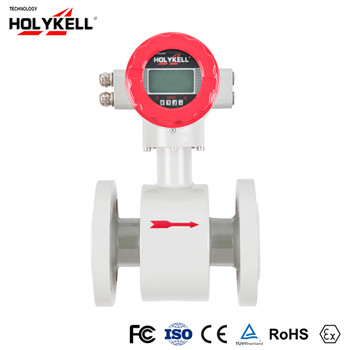
They can come out in different materials of liners, electrodes, housing, making them highly resistant to corrosion and suitable for various water quality conditions.
Ultrasonic Flow Meters
Ultrasonic flow meters use ultrasonic waves to measure the flow velocity of water. They are non-invasive and can be mounted externally, making them suitable for a wide range of pipe sizes and applications, with no demand for pipe penetration and production stop. And the price will not change greatly for large DN sizes.
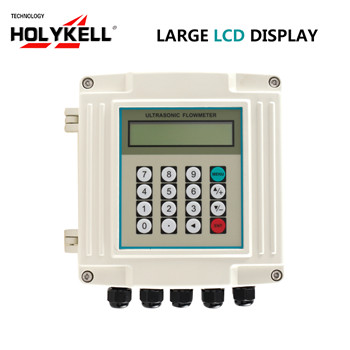
Turbine Flow Meters
Turbine flowmeters use a spinning rotor to measure flow rate. They are commonly used for water and other low-viscosity liquids. Turbine flow meters provide precise measurements and can measure a broad range of flow rates, from low to high.
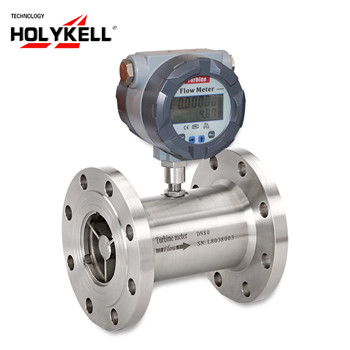
Vortex Flow Meters
Vortex flow meters use the principle of vortex shedding to measure flow rate. They provide high accuracy. With no moving parts in contact with the fluid, they are robust and require minimal maintenance, reducing downtime and operational costs. Vortex flow meters can handle a wide range of fluid types and temperatures, enhancing their versatility.
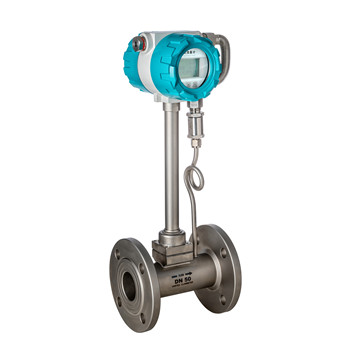
The above-mentioned four types are used to measure water in pipes, while to measure water flow in rivers, channels, we have these two options.
Radar Flow Meters
Radar flow meters utilize microwaves to measure flow. They send out radar signals that are reflected off the surface of the liquid or solid being measured. The time it takes for the signal to return is used to calculate the flow rate.
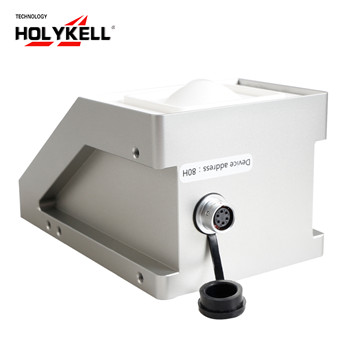
Radar flow meters do not come into direct contact with the fluid or solid, reducing the risk of contamination and minimizing maintenance requirements. They can handle a broad range of flow rates and are suitable for both high and low flow applications. With no moving parts, they require minimal upkeep, resulting in reduced downtime and lower operational costs.
Open Channel Flow Meters
Open channel flow meters are used to measure the flow of liquids in open channels like rivers, streams, or wastewater treatment channels. These meters typically use principles like weirs, flumes, or ultrasonic sensors to measure the flow rate based on the depth of the liquid and its velocity.
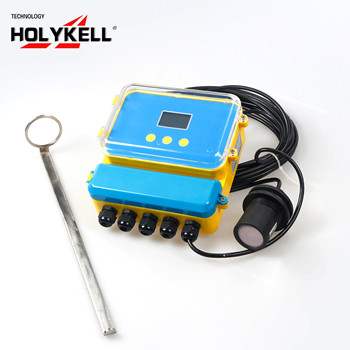
Open channel flow meters don’t interfere with the flow of the liquid and are non-intrusive. With no moving parts, they require minimal maintenance, which is especially beneficial in remote or challenging locations.
They are often a cost-effective solution for measuring flow in open channels and can be easily integrated into existing systems.
Below are the main parameters comparison for easy reference.
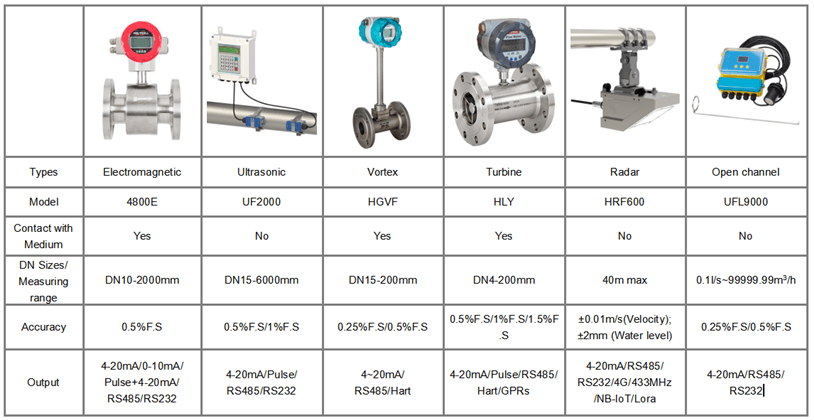
How to Maintain Water Flow Meters
Maintaining water flow meters is essential to ensure accurate and reliable measurements over time. Here’s a general guide on how to maintain water flow meters:
Regular Inspection
Periodically inspect the flow meter for physical damage, corrosion, or signs of wear. Replace any damaged components or seals.
Clean the Meter
Keep the flow meter clean from debris, sediment, or any buildup that may affect accuracy. Use a soft cloth or a gentle cleaning solution for this purpose.
Calibration
Schedule regular calibration checks to ensure the flow meter’s accuracy. The frequency of calibration depends on the type of flow meter and the specific application.
Check Seals and Gaskets
Inspect the seals, gaskets, and O-rings for leaks or wear. Replace them if necessary to maintain a watertight seal.
Electronics and Wiring
Examine the electronic components and wiring connections for signs of damage or corrosion. Ensure all electrical connections are secure.
Pressure and Temperature Checks
Verify that the pressure and temperature of the fluid being measured are within the specified operating range of the flow meter. Extreme conditions can affect accuracy.
Environmental Considerations
Consider the environmental conditions in which the flow meter operates. For instance, in cold climates, make sure the meter is protected from freezing, and in corrosive environments, use appropriate materials and coatings.
Manufacturer’s Recommendations
Follow the manufacturer’s specific maintenance guidelines
Conclusion
The choice of the appropriate flow meter depends on factors such as the application, fluid properties, accuracy requirements, and budget constraints. Selecting the right flow meter is crucial to obtaining accurate measurements in a given water flow application.
Ask our expert to select the most suitable water flowmeter for your project today.
Customer Cases
1. How Radar Flow Meter Used in Wireless Monitoring Solution
2. Ultrasonic Open Channel Flow Meter for Textile Industry
3. Why Our Singapore Customer Satisfied with Our Clamp on Water Flow Meters





